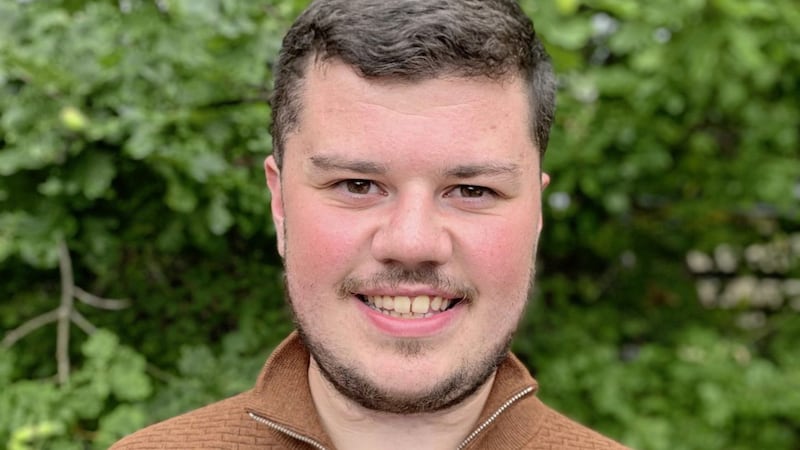WE waited with baited breath as Simon Coveney and Julian Smith took the walk down the hill at Stormont to deliver a press conference on what was to be known as the New Decade, New Approach deal.
It became clear that compromises had been reached, red lines had been dropped and a new executive would be formed. A feeling of hope filled the air. However, sobriety soon hit me when reading the detail.
This agreement does little for the 200,000 students in Northern Ireland I represent. It was positive to see a commitment to expanding Ulster University's Magee campus, and to delivering new nursing and midwifery places over the next three years. But there was little else said about post-16 education and the serious issues students face.
According to our research, 78 per cent of students experience mental health problems during their time at university or college with 58 per cent saying financial worries were the main factor. One student who took part in QUBSU's most recent mental health survey said "I am working 60 hours between my placement and part-time job to pay bills while also trying to stay on top of my course".
New Decade, New Approach outlined plans to deliver 900 new nursing and midwifery places, as part of measures to address NHS staff shortages. This, of course, is a positive step, but it doesn't tackle the problems facing the nursing students we currently have. Student nurses and midwives receive a bursary of just £430 per month, which equates to a 30 per cent real term decrease since 2012, when the bursary was cut by the Department of Health.
Our research has found that 77 per cent of nursing and midwifery students regularly worry about not having enough money to pay the bills. A now qualified nurse, Siobhan Day told us: "I saved for years before starting my course and I had a great support network around me, and even then being a nursing student was the hardest time of my life. I struggled to make ends meet and if it hadn't been for my family and fiancé supplementing my income I would have had to drop out of the course."
Over the last decade there has been a real terms cut in public investment in higher education, and students are feeling this impact. Tuition fees have risen every year in line with inflation, but student support has remained static. Students are struggling and with rising costs of living over one third of students in the UK have reported going without food.
There are many positive parts of New Decade, New Approach - agreement on Irish language provisions, multi-year budgeting and increased civic society involvement in public policy. But, unfortunately, for students it seems this deal signals a new decade, same approach. The same approach that has led to a mental health crisis among students, that leaves students laden with debt and forces them to work precarious jobs while studying for a diploma, degree or masters. The same approach that has seen academic staff forced into industrial action twice in the last two years. It is often said that our education system is broken. I believe it is our staff and students who are being broken by the system.
For too long, the executive has seen post-16 education as a strain on the public purse, rather than an inherent public good. Post-16 education must be acknowledged as an investment opportunity that will lead to growth in our economy and, crucially, bridge the inequality gap that dogs our society. An education system that is properly funded, lifelong and truly accessible to all is key to making the major structural changes NI needs. With existential threats such as Brexit, climate change and who knows what else on the horizon, future-proofing NI has never been more important. A post-16 education system that is fit for purpose is central to protecting all of our futures. It's about time our executive realised that.
:: Robert Murtagh is President of the NUS-USI student body.








